Australia’s first convicted terrorist does it easy in jail
He plotted an attack on home soil yet Australia’s first convicted terrorist Faheem Khalid Lodhi has had an easier time behind bars.
Crime in Focus
Don't miss out on the headlines from Crime in Focus. Followed categories will be added to My News.
- Islamic State’s chilling new threat against Australia
- Crims convert to ‘Prislam’ as terror groups target Supermax
Exclusive: Australia’s first convicted terrorist has had an easier time in jail than most who followed him into the nation’s toughest jail, Goulburn Supermax, it can be revealed.
But while Faheem Khalid Lodhi’s freedoms and privileges have raised the ire of other inmates, News Corp has learned the terror plotter is still at least a year away from release.
The Pakistani-born 51-year-old is understood to be a C classification (low-risk) inmate at the Wellington Correctional Centre near Dubbo, where he works in the print shop.
He is said to be popular and to have made a lot of friends.
It has been 16 years since Lodhi was convicted of plotting a terror attack on home soil and was described as a dangerous terrorist.
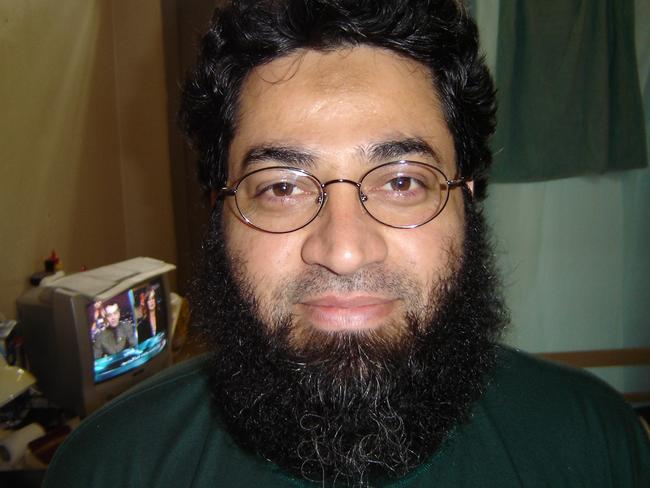
But even though it is believed the former architect no longer holds extremist views, he won’t be considered for release until 2021.
Lodhi became eligible for parole last year but the federal Attorney-General Christian Porter has twice refused to release him.
Lodhi was sentenced in 2006 to 20 years jail with a non-parole period of 15 years for hatching a terror plot to blow up the nation’s electricity supply.
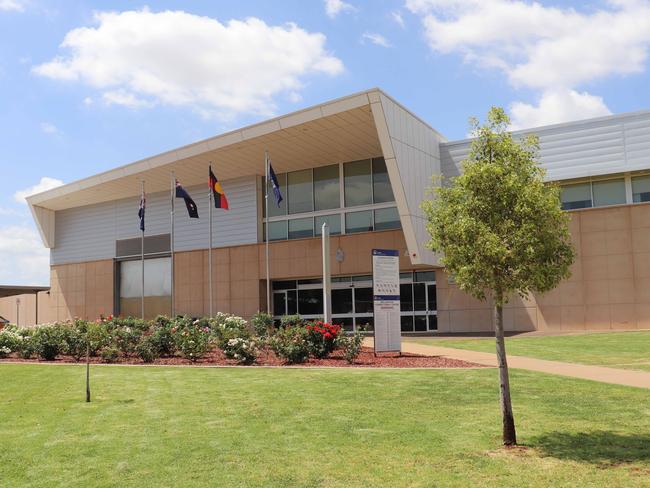
He was also linked to the notorious convicted French terrorist Willie Brigitte who was sent to Australia by the al-Qaeda backed Pakistani terror group Lashkar-e-Toiba and it is believed between them they planned to launch a jihadist attack.
But his time behind bars has been much easier than others because he was the first person convicted under new terror laws and had served six years in the Supermax before being reclassified and moved out ahead of a wide ranging crackdown on the highest risk inmates in 2015.
MORE NEWS:
Qantas handler-turned-terrorist faces new orders out of Supermax
‘Bomb making’: ISIS Bali terror suspect caught
Aussie drug cartel kingpin emerges in global drug trade
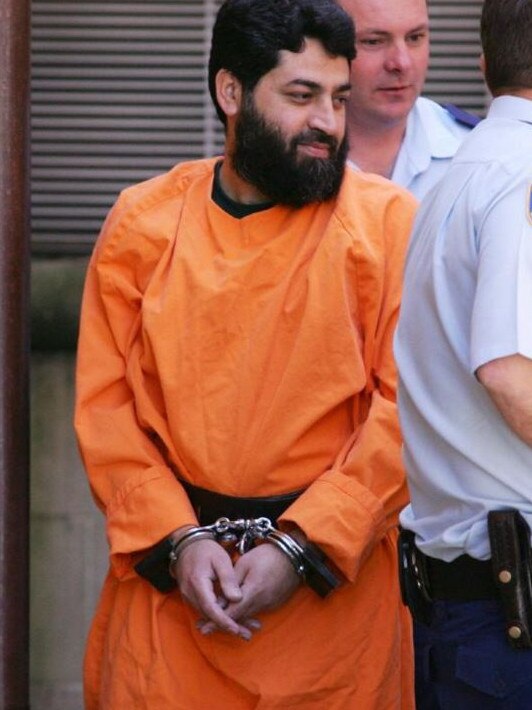

The freedoms and privileges Lodhi enjoyed did not escape the attention of another inmate Bradley Umar Sariff Baladjam, also known as Omar Baladjam, a former bit actor on Home And Away, who was involved in Australia’s biggest terrorism plot known as Pendennis, and shot a police officer.
Baladjam who was sentenced to 14 years for his involvement in the plot and further jail term for discharging a gun in public and shooting an officer, complained in an appeal against the severity of his sentence he was doing much harder time than inmates like Lodhi.
During his jail time, Baladjam had gone from being classified as an AA prisoner to the highest level — extremely high risk restricted (EHRR) prisoner — and those restrictions were much harsher than those endured by Lodhi who had by then been moved out to a lower security prison.
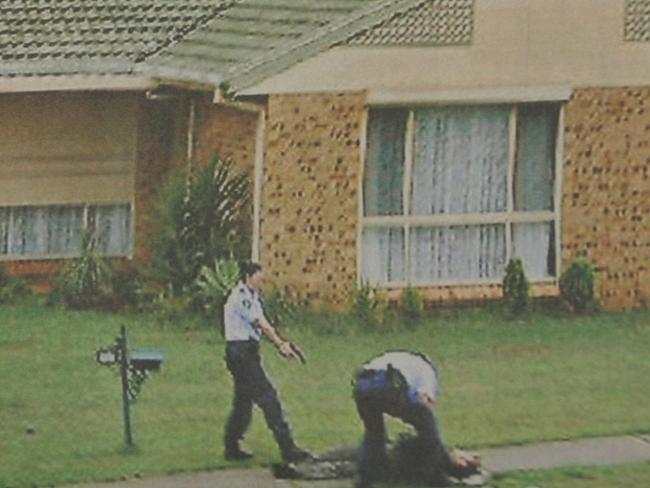
Baladjam’s failed attempt to get his sentence reduced provided a rare snapshot into what life was like in the Supermax for Lodhi before he was transferred out as a low security risk.
Baladjam said Lodhi was allowed to associate with other inmates more freely outside of their cells, make more phone calls, and share books, food and magazines.
He said Lodhi had been allowed to have painting materials and colouring pencils.
Michael Hovey, a Deputy Superintendent within the Department of Corrective Services, told the Court of Criminal Appeal that Lodhi was able to “mix with certain other inmates daily during the period that he is out of his cell”, which was approximately between six and seven hours per day, and that he was “entitled to use facilities such as the running track and the gymnasium”.
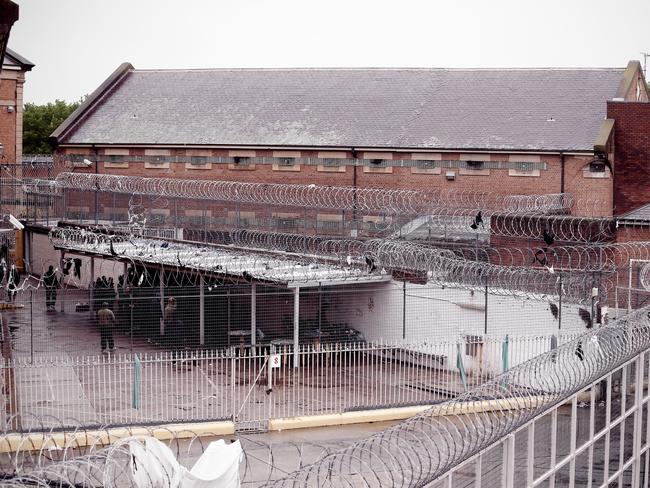
He stated that Mr Lodhi had a television in his cell and “limited access to a computer to enable him to undertake educational courses”.
He stated that he was able to use the basketball court at the prison and the library.
While Lodhi did not have access to DVDs or CDs and was required to take his meals in his cell using paper plates and plastic cutlery, he was entitled to two visits per week, each of one-hour duration and could make telephone calls.
Originally published as Australia’s first convicted terrorist does it easy in jail

